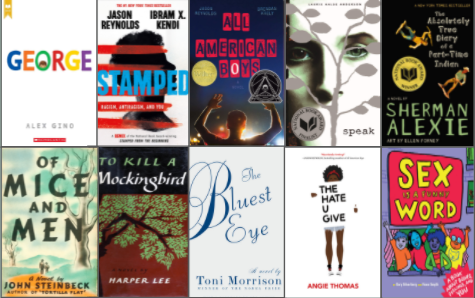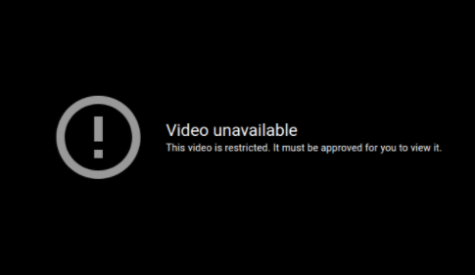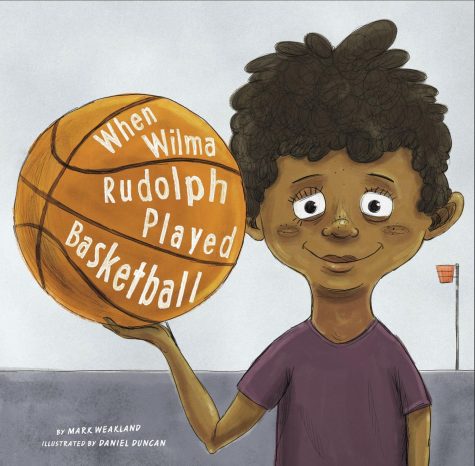The Rise of Censorship: Parents are pushing lawmakers and boards of education to ban books

These are the top 10 most challenged books according to the American Library Association
February 24, 2022

Censorship is nothing unusual. The media, the films we watch, and the music we listen to are commonly restricted, especially for students. Have you ever noticed that the books you read are being regulated, too?
School districts across the United States are banning books that include topics such as race and sexuality, despite previously having district policies to prevent censorship. The number of books being challenged is rapidly increasing and we students are speaking out against it.
In early 2022, Texas parents have been pushing lawmakers to call for the removal of library books that include topics of race, sexuality, and gender. One of these books includes When Wilma Rudolph Played Basketball, by Mark Weakland. This children’s book is being challenged for touching on racism that an African American Olympian experienced while growing up in Tennessee in the 1940’s.

The truth is that many people experience racism and it is part of our history. Erasing these books from libraries keeps students from learning about important parts of our past and puts limits on their education.
There are many other books, holidays, and events that are centered around segregation and racism.
Martin Luther King, Jr. Day is a holiday dedicated to the civil rights leader who committed his life to achieving equality for all people. He labeled racism as one of three evils in the world. It is unreasonable to allow these books to be erased in libraries but still celebrate holidays that are based on the truth of the Black experience in America.
Another popular book that is facing criticism in libraries throughout the United States is To Kill a Mockingbird, by Harper Lee and is read in most high schools. It is one of the Top 10 Most Challenged Books and is being challenged for containing racial slurs and perception on black Americans in the 1930’s.
While considered one of Americas ‘Best Loved’ novels, it was challenged for sparking discussions about racism and presents one of the main characters as a white savior.
Parents have begun to take it a step further and filled out paperwork in order to formally challenge these books based on their content, forcing school administrators to review them. Others are wondering if this is ethical.
Despite the increase in parents wanting to ban books, a lot of people have been speaking out against it. For instance, a Virginia mom is joining other moms across the country to discontinue the rise of censorship in school libraries. They began an organization called the “Book Ban Buster,” in order to speak out until changes are made.
A more local example of parents challenging book bans was in Howard County Maryland. Parents belonging to a group called, “We the People 2” filed police reports against the Howard County Public School System and the Howard County Board of Education over books containing sexually explicit material.
Local librarians contend that banning books in school libraries is wrong.
Media specialist Marsha Thompson said, “The difficulty is letting a select group of people decide what’s right, children should have the free will to learn what they want to without extreme restrictions.”
Just because some people disagree with a topic a book mentions, this doesn’t mean it should be withdrawn from all libraries so no one has access to it.
Banning books leaves students with a narrow view of the world. Students need to be exposed to other opinions and lifestyles in order to form their own opinions. The lack of outside information hinders children’s preparation for the real world. Knowledge and others’ opinions shouldn’t be restricted to everyone because of one person’s standards.
There are many things students can do in order to prevent censorship in schools. Learning about what causes books to be challenged and voicing your opinion can influence others. Lastly, students can report book bans to NCAC or the American Library Association which will help advocating organizations to fight book bans.






